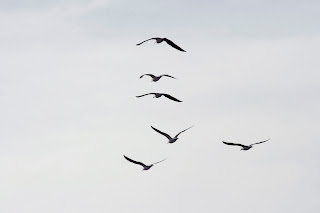Not only did December seemingly get here before June this year, so did the new year the way the last twelve months flew by. Was it the same for you?
Yet as this year closes and another begins, milestones are noted and memories are catalogued. And in particular, my photo-a-day challenge comes to an end. Wow. So hard to believe it really got done. I surprised myself, really. Didn't have much confidence going in, I guess. But, the results?
366 days (Leap year, remember?) minus 4 equals 362 pictures. Well, many more than that actually since some days I took multiple pictures and chose one from the lot, but I did it. I only missed those four days total. Two because (ahem) I forgot. And two because I misplaced my camera. It had fallen out of my purse into the backseat of the car, and we couldn't locate it for awhile. Good intentions are good but life happens! Other than that, I looked forward to the moment each day that I picked up the camera. Some days I pocketed it as I went for my walk. Some days I was in the right place at the right time and had it handy. Some days--particularly on our fantastic November trip--I couldn't stop snapping photos. And then there were the late nights, just before going to bed, that I realized I had *almost* forgotten and so hit the deadline just before the night turned to the next day.
I found I loved the challenge. It was a great deal of fun. And as I snapped today's photo, the last of the last, I found myself feeling a bit nostalgic. "You mean it's over already?"
Well, not really. I have all these things to carry with me from the experience like inspiration on:
Along the way I learned about nurturing the creative side, waking up to beauty in the simple things, the value of trying something new, perseverance. All lessons that will carry over into a new year's writing projects, too.
I'm still contemplating what might be my challenge for the new year. It will involve writing, of course, and reading. It should incorporate stretching--as in reaching for a new level--and passion. We'll see what ideas gel in the next few days.
In the meantime, here is the final photo-a-day gallery. You'll see that there was much to celebrate this month, including the birth of our second granddaughter, born 12/12/12, and special family time. Hope you enjoy. And thanks for stopping in with wishes to each and everyone for a wonderful, creative, and happy new year!
______________________________________































